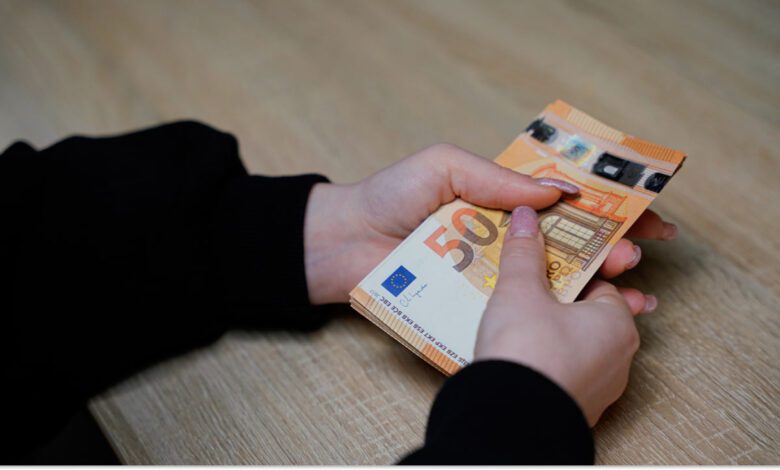The EU has adopted a ban on cash payments exceeding 10 thousand euros

The European Union has adopted restrictions on cash payments: payments in the amount of more than 10,000 euros are prohibited, and for transactions exceeding 3,000 euros, it will be necessary to present an identity card. About this informs InPoland.
The new rules are aimed at combating money laundering and terrorist financing. The ban covers cash payments in euros and local currency equivalents, and EU member states will have the right to lower, but not raise, the threshold. The decision was supported by both the Council of the EU and the European Parliament, which has already adopted the relevant package of laws.
In everyday life, this will mean that, for example, buying a car worth 10,000 euros or more with cash will be prohibited. Poland already has a similar restriction — companies are required to make cashless payments for amounts over 15,000 zlotys (about 3,380 euros), but it only applies to businesses.
The new rules also require an identity check for cash payments exceeding 3,000 euros, but such checks will only be applied in certain cases.
These are transactions carried out through financial institutions, real estate agencies, banks, asset management companies, casinos, trading firms and luxury goods sellers. Similar requirements will apply in the field of cryptocurrencies: exchanges and wallet operators will have to verify customers for transactions of 1,000 euros or more. The ban on cash payments over €10,000 is expected to enter into force in 2027.





